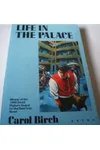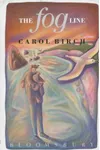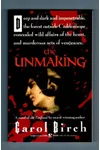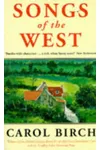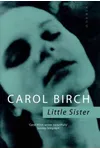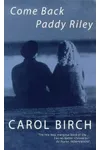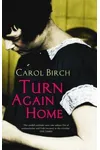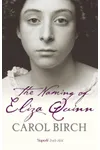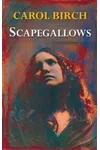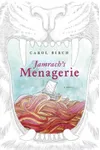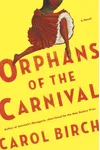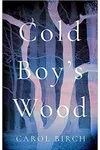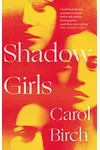Picture a British storyteller who spins tales so vivid they linger like a favorite song—meet Carol Birch! Born in Manchester in 1951, this award-winning novelist has captivated readers with her blend of historical fiction and literary depth. From gritty northern tales to haunting global adventures, Birch’s stories explore the human spirit with a voice that’s both lyrical and unflinching.
With twelve novels under her belt, including the Man Booker-shortlisted Jamrach’s Menagerie, Birch has earned a reputation for revitalizing history with unforgettable characters. Her work dances between fact and fiction, pulling readers into worlds where courage, loss, and wonder collide. Ready to dive into her story? Let’s go!
The Making of Carol Birch
Carol Birch grew up in Manchester, where her father, a metallurgist by day, moonlighted as a trombonist in a jazz band called The Saints. This vibrant, working-class backdrop shaped her early life, infusing her storytelling with a raw, rhythmic energy. After studying English and American Studies at Keele University, Birch’s path took her to London’s Waterloo district, County Cork in Ireland, and back to the UK, where she settled in Lancaster with her second husband, Martin Butler.
Her writing career kicked off with a bang in 1988 when her debut novel, Life in the Palace, won the David Higham Award for Best First Novel. Inspired by her own experiences and a love for working-class narratives, Birch found her voice crafting stories about resilience and human connection. Her early years, marked by movement and reinvention, laid the foundation for a career that’s as diverse as it is compelling.
Carol Birch’s Unforgettable Stories
Birch’s novels are a masterclass in blending historical grit with emotional depth. Her breakthrough came with Jamrach’s Menagerie (2011), a Man Booker-shortlisted tale inspired by a real-life tiger escape in Victorian London. The story follows Jaffy Brown, a young boy swept into a perilous sea adventure, exploring themes of survival and friendship with prose that’s both lush and visceral.
Other standout works include Scapegallows (2007), which traces the life of Margaret Catchpole, a real historical figure who defied the gallows, and Orphans of the Carnival (2016), a poignant reimagining of Julia Pastrana, a 19th-century performer. Birch’s 2022 novel, Shadow Girls, weaves supernatural chills with a 1960s Manchester coming-of-age story, showcasing her knack for genre-hopping. Her style—vivid, character-driven, and steeped in historical detail—brings forgotten figures to life, making readers feel their triumphs and heartaches.
Whether she’s exploring the Irish potato famine in The Naming of Eliza Quinn or the psychological depths of teenage rebellion, Birch’s themes of identity, survival, and moral complexity resonate deeply. Her prose, praised for its “irresistible vigour,” sings on the page, earning her comparisons to literary giants like Melville.
Why Carol Birch Matters
Carol Birch’s impact lies in her ability to humanize history’s overlooked voices. From Margaret Catchpole to Julia Pastrana, her characters—often women navigating brutal realities—challenge readers to see beyond surface judgments. Her work has inspired a loyal following, with critics lauding her as one of England’s most underappreciated talents. By fusing fact with fiction, Birch bridges past and present, reminding us of the timeless power of storytelling.
Beyond her novels, Birch’s role as a creative writing teacher and book critic has shaped aspiring writers and enriched literary discourse. Her global reach, from Lancaster’s local bookshops to international prize lists, underscores her quiet but profound influence on contemporary fiction.
- Born: 1951, Manchester, England
- Key Works: Life in the Palace, Jamrach’s Menagerie, Orphans of the Carnival, Shadow Girls
- Awards: David Higham Award (1988), Geoffrey Faber Memorial Prize (1991), Man Booker Shortlist (2011)
Snag Jamrach’s Menagerie and dive into Carol Birch’s spellbinding world of adventure and heart!
